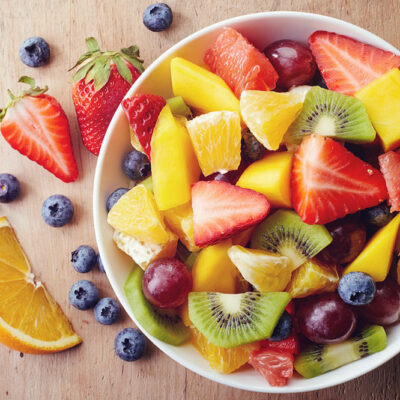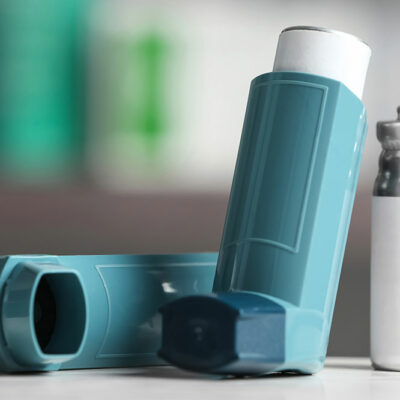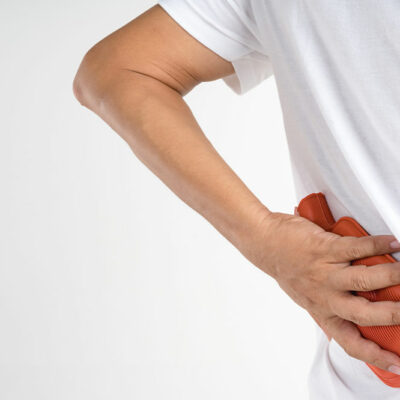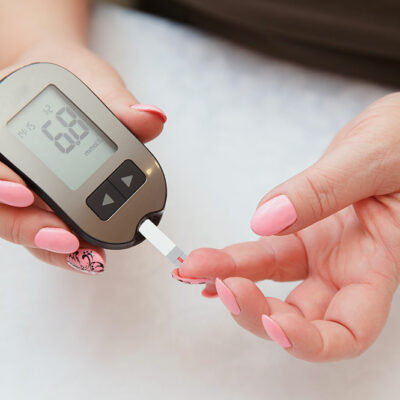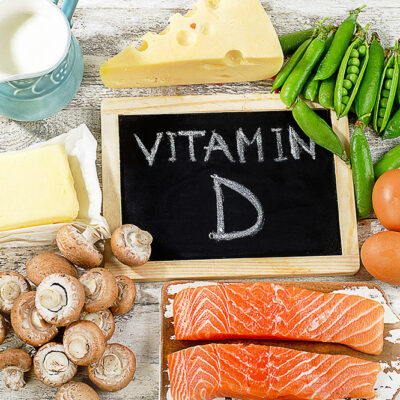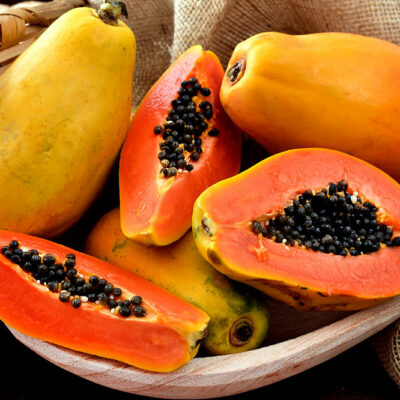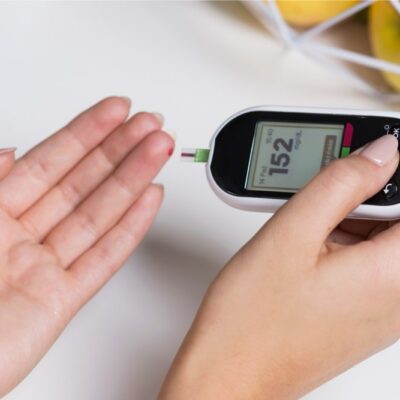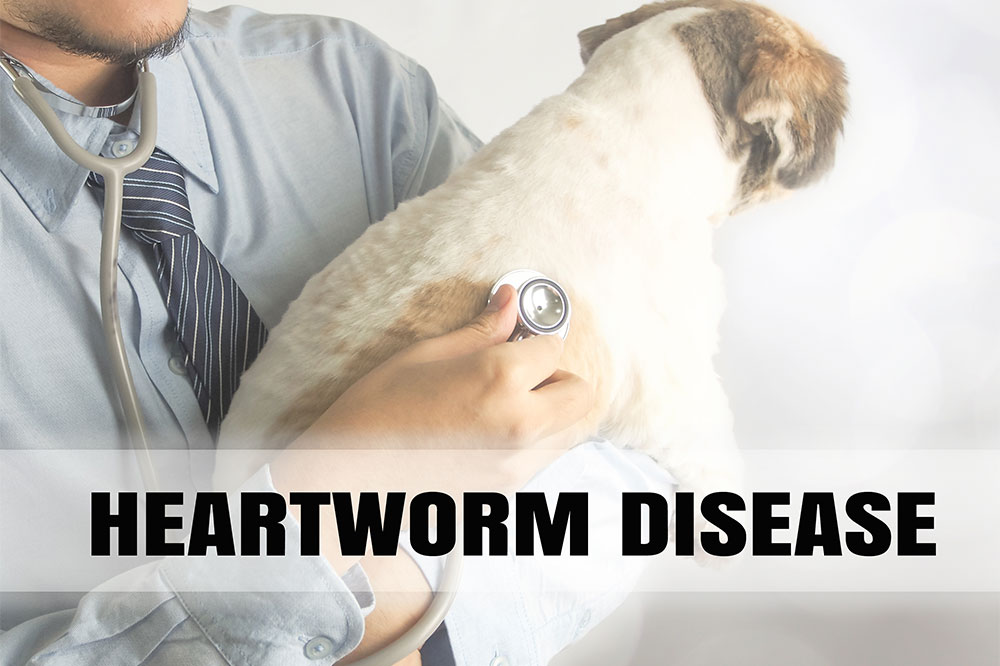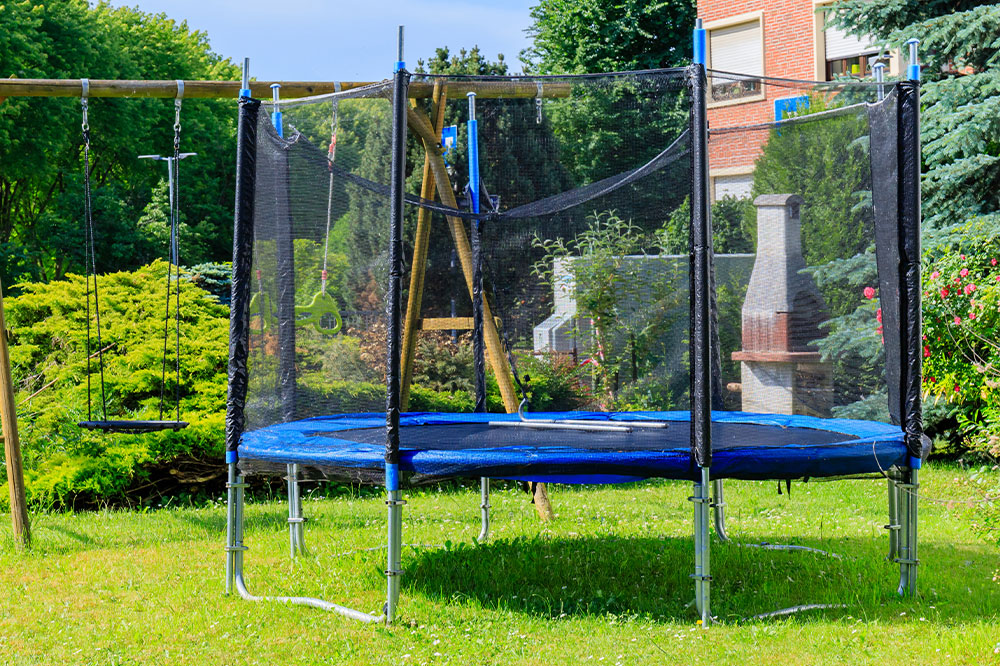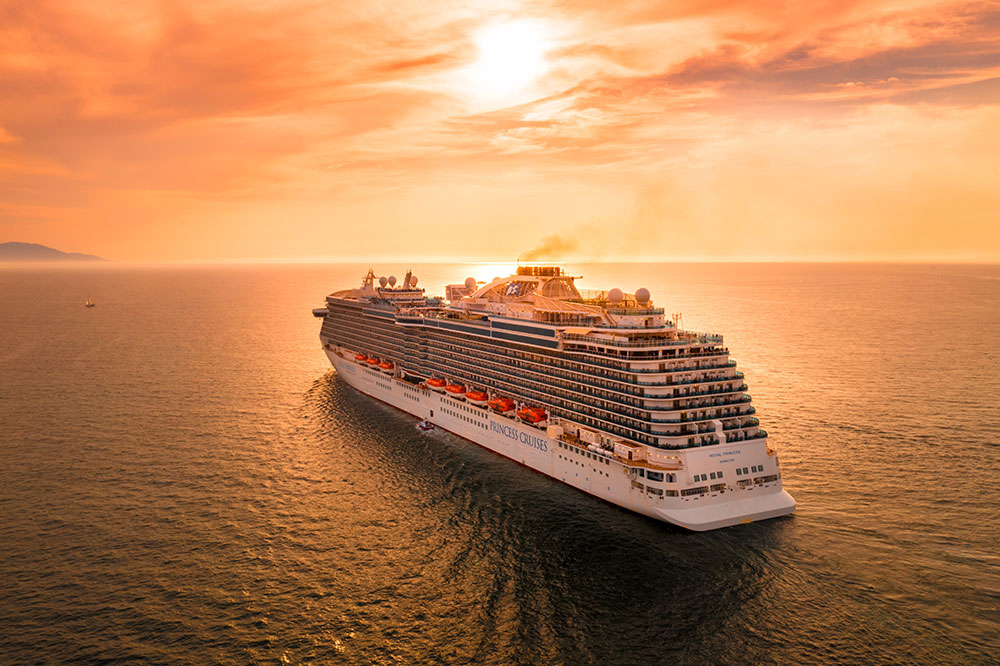9 foods people with overactive bladder must avoid
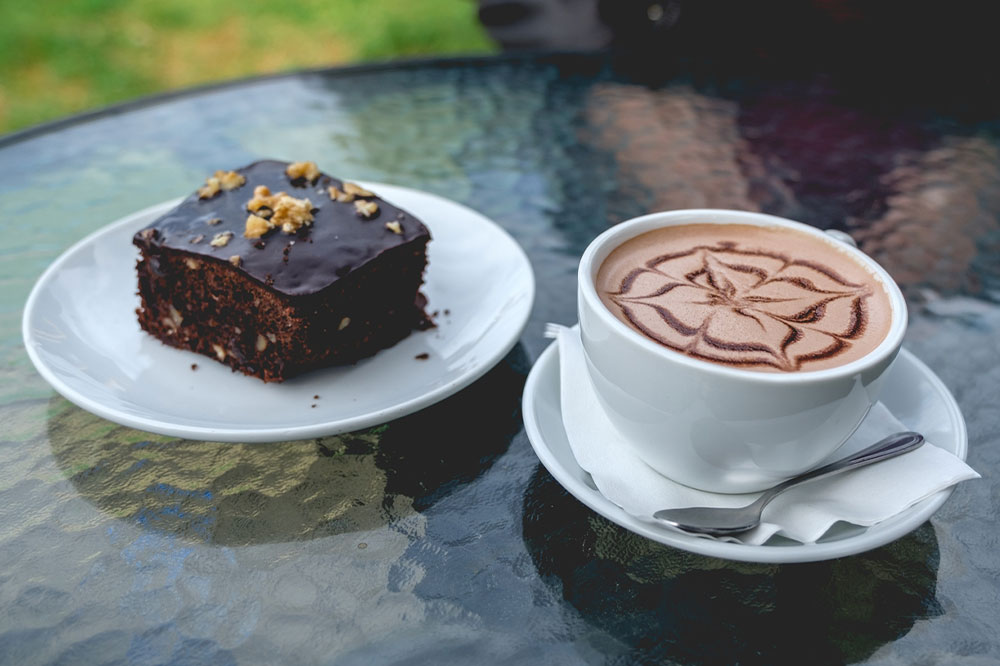
An overactive bladder, or OAB, is a sudden, often uncontrollable urge to pass urine. Sometimes, OAB may also lead to urge incontinence or the inability to exercise urinary control. The condition is typically caused by infection, nerve damage, estrogen deficiency after menopause, or abdominal trauma. Besides seeking treatment and making some lifestyle changes, managing one’s meal plan can also contribute to rectifying the condition. Some foods that individuals with OAB should avoid are listed below.
Caffeinated products
Caffeine can aggravate OAB symptoms by increasing the frequency of urination and, in extreme cases, leading to urinary incontinence. Reduction of caffeine intake is advised for women grappling with urgency urinary incontinence. In addition, it helps to replace caffeinated beverages like tea and coffee with non-caffeinated alternatives like fresh fruit juices and milk (if one is not lactose intolerant).
Tomatoes
Due to their acidic nature, tomatoes may increase the acid levels in urine, causing problems like bladder irritation and increased urge to urinate. Thus, people with OAB should avoid tomatoes and products made of tomatoes, including pizza sauce, ketchup, and salsa.
Oranges
Being citric, oranges may also irritate one’s bladder and increase one’s urge to urinate. One should limit or avoid oranges, orange juice, and other citrus fruits like lemon, grapefruit, and lime for urinary control.
Soft drinks
Carbonated beverages, primarily soft drinks, increase one’s frequency of urination and cause bladder problems. Moreover, high glucose levels in the body can increase one’s frequency of urinating. Soft drinks are high in sugar and are a no-no for patients with OAB.
Spicy foods
Spicy foods are major irritants of the bladder and can worsen one’s OAB symptoms, such as urination frequency and reduced bladder control. Although it may be difficult to avoid spices altogether, limiting one’s intake of spicy ingredients, such as wasabi paste, serrano peppers, jalapenos, and spicy sauces, is essential.
Processed foods
Processed foods are loaded with preservatives and artificial flavors, which can hamper one’s immune system and cause bladder control problems. They can also aggravate one’s existing OAB symptoms, increasing one’s urge to urinate and causing bladder control problems. Thus, it helps to avoid all processed foods, including processed meats, cheese, and confectioneries.
Deep-fried foods
Deep-fried foods, including french fries, rolls, falafels, croquettes, and some chicken and meat preparations, can irritate the bladder and cause urination frequency. Moreover, they can cause diarrhea, which can further increase the chances of frequent urination and worsen OAB symptoms. It helps to swap deep-fried foods with sauteed or shallow-fried ones.
Chocolate
A primary ingredient of chocolate is caffeine, which can irritate one’s bladder considerably. It often acts as a diuretic, increasing one’s urge to urinate and causing difficulties with bladder control. Although an occasional piece of chocolate after a meal is permissible, one must avoid having chocolate in excess.
“Sparkling” waters
“Sparkling” waters like club soda and seltzer water can worsen bladder control problems and exacerbate OAB symptoms, causing several health issues among patients with the condition. There is no substitute for regular water; however, one may replace aerated drinks with fresh fruit juices, smoothies, and more.

